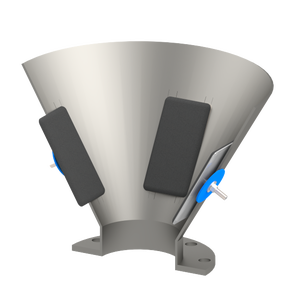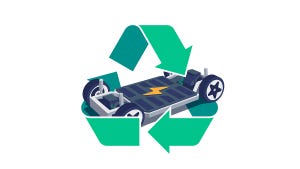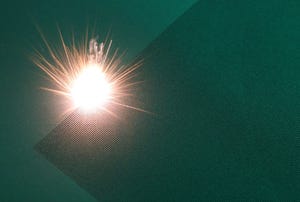Battery Cell Electrolyte Filling Gets Easier
Direct Filling, a new, flexible method of filling lithium-ion cells, is more precise than traditional methods. Toni Bläsche of IP PowerSystems explains.
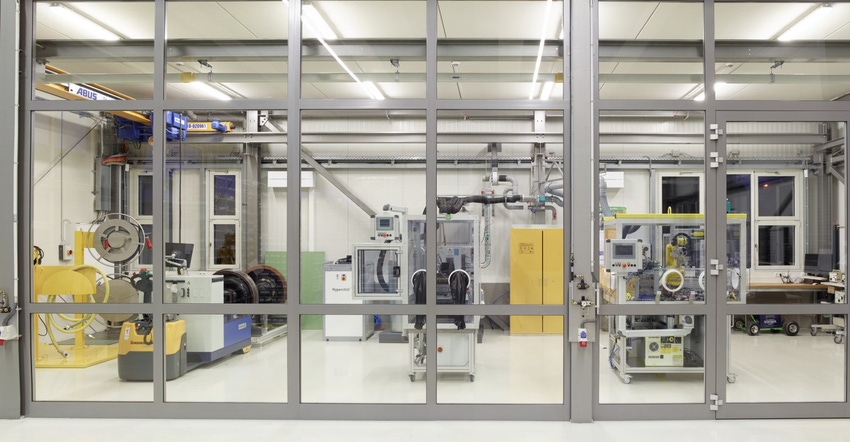
In early 2023, Germany-based IP PowerSystems developed a new, flexible, and highly efficient process for filling electrolyte into lithium-ion (Li-ion) cells. The process, which the company has dubbed “Direct Filling,” can be used both for hard-case and pouch battery cells. IP PowerSystems product manager Toni Bläsche says that he and his team use the process to enable research institutions and start-ups to fill precisely yet flexibly.
Battery Technology spoke to Bläsche to get an understanding of how Direct Filling works and its advantages.
Direct filling with a dosing cylinder
Central to the process is a dosing piston pump, which consists of a cylinder and a piston. The pump guarantees a high level of filling accuracy, Bläsche said. In addition, the filling status of each individual cell and other important filling parameters are recorded and evaluated in real time.
“By moving the piston in the cylinder, a volume of battery electrolyte is dosed into the cell. Its mass can be calculated via density,” Bläsche explained. “By recording the stroke distance, we always know how much electrolyte was dosed per time. The filling pressure is also recorded [for hard-case cells]. Through direct feedback, we also know when the filling process is finished. It is possible to react individually to each cell.”
For hardcase battery cells (cylindrical or prismatic), IP Power Systems offers a Direct Filling machine called the Electrolyte Injector. The cells are evacuated first and then filled with electrolyte at up to 40 bar. A special patent-pending pressure chamber protects the hard-case cells from the high pressure. Valuable filling time can be saved thanks to instant feedback about the filling status and high pressure. This method also prevents cell and work area contamination.
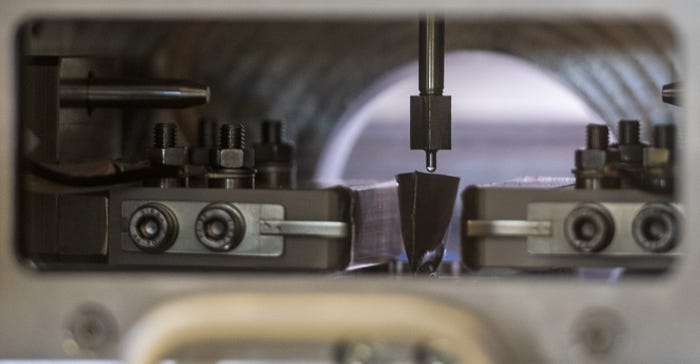
The Direct Filling process is also used in the Electrolyte Jet, a machine for filling pouch cells in a vacuum chamber. In this case, too, the dosing piston pump enables a precise filling process completely independent of the vacuum in the chamber.
“Pouch cells are filled openly in a vacuum chamber,” Bläsche elaborated. “With our system, it doesn’t matter how deep the vacuum in the chamber is. Using other systems, this mattered a lot. It was a big challenge because outgassing occurred in the electrolyte that had to be dosed. The deeper the vacuum in the chamber, the better the wetting of the pores of the cell with electrolyte would work.
“In addition, our design, for which a patent is pending, prevents conductive salt from crystallizing on the dosing cylinder. As a result, maintenance and wear and tear can be significantly reduced.”
Added—and recorded—precision
The Direct Filling process contrasts with previous filling methods, according to Bläsche. In previous mass-production processes, either flow sensors or prechambers are used. In the latter case, the prechambers are filled first and then the electrolyte is pressed into the cell using an inert gas.
“Both methods are less accurate” than Direct Filling, Bläsche noted. “In addition, with the prechamber, there is no direct feedback from the cell. All cells must be filled at the same time. It can happen that a cell is not yet completely filled and is still under pressure when the process is finished. This is not a clean process.”
The battery-filling machines offer numerous advantages for battery research, prototype manufacturers, and pilot lines, and can also be automated to cover series production, Bläsche said. “They require only a small amount of space and minimal maintenance thanks to the automatic cleaning function and are flexible in terms of parameter setting.”
IP PowerSystems will be presenting its Direct Filling technology at both The Battery Show Europe, happening this May in Stuttgart, Germany, and also The Battery Show North America, coming this September in Novi, MI.
About the Author(s)
You May Also Like


